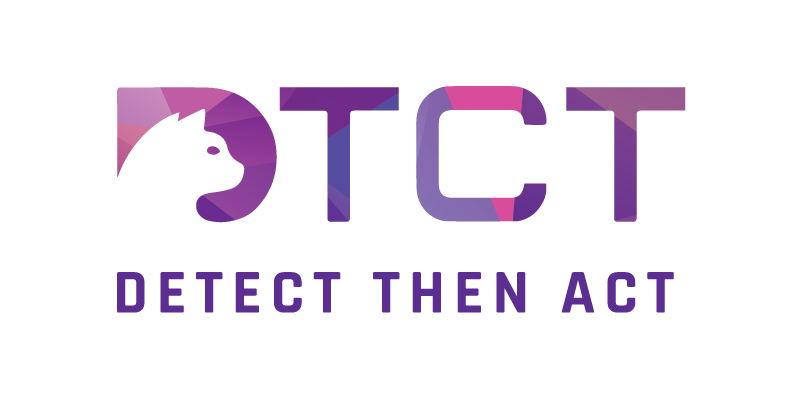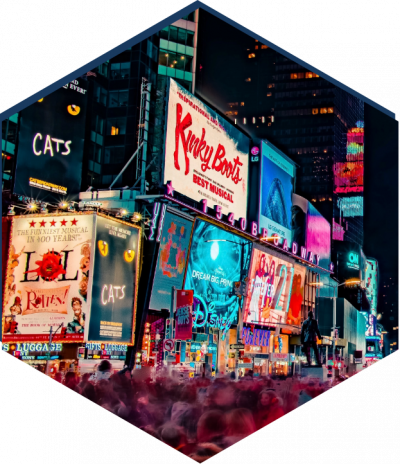Detect Then ACT (DTCT): “Taking Direct Action against Online Hate Speech by Turning Bystanders into Upstanders”

- AI
- counternarratives
- hate speech

Cross-border EU initiative to help counter online hate speech
Antwerp, Belgium, February 24, 2020
Universities, tech companies, NGOs and citizens in Belgium, Germany and the Netherlands, supervised by a board of security, legal and ethics experts, are working together to find answers to online hate that is dividing our societies, in an initiative supported by the European Commission’s Rights, Equality and Citizenship programme.

DTCT aims to combine human application with new AI, to analyse online hate and to create positive responses. These campaigns will focus on promoting bystanders to stand up, fostering citizens to be more resilient against online disinformation, conflict and bullying.
Assisted by technology for identifying harmful content, upstanders can then work to deflate toxic discussions in a self-regulatory approach. The project will also examine illegal cases of harmful content, according to the EU’s regulations in collaboration with social media platforms’ TOCs.
The project started in September 2019 and concluded in September 2021.
